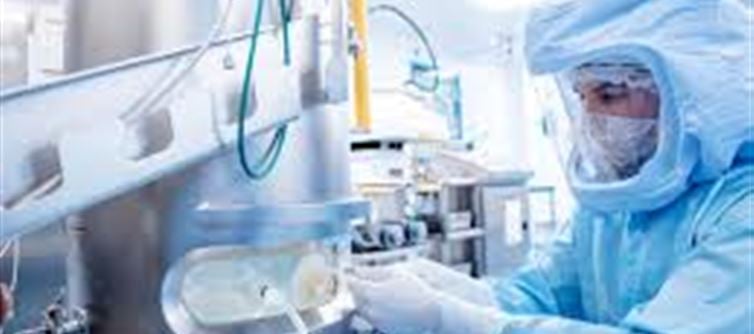Cancer has been a serious challenge for humanity for decades, but now scientists have got a big breakthrough in making a vaccine against it. This new discovery raises the hope of saving millions of lives. In fact, a team of researchers from the
university of Florida, led by Dr. Elias Sayur, has created a tremendous mRNA vaccine. This vaccine trains the body's immune system to attack
cancer and its initial results are quite promising. This could be a big step towards creating a universal
cancer vaccine.
According to a study published in Nature Biomedical Engineering, this experimental mRNA vaccine has shown the ability to effectively activate the immune system in mice and reduce difficult tumors. That too without targeting any specific
cancer type. Researchers
believe that this vaccine can work as a universal
cancer treatment in the future.
Innovative vaccine approach
Cancer experts say that unlike normal
cancer treatments, which focus on
cancer mutations, the UF team designed the vaccine to mimic the way the body fights a virus. This strategy produces a strong immune response, making it easier for the body to recognize and attack tumors, especially when combined with a common
cancer drug that helps the immune system do its job.
Impressive results and future possibilities
The vaccine had a powerful effect in mice with skin, bone and brain cancer. In some cases, the tumors disappeared completely. Dr. Duane Mitchell, co-author of the study, described the approach as a new paradigm in
cancer immunotherapy. “We are not directly targeting the cancer. We are activating the immune system and it is working,” says Mitchell, a neurologist and brain
tumor expert. This vaccine activates T-cells
This vaccine appears to reactivate inactive T-cells, a type of white blood cell that helps the body recognize and destroy infected or abnormal cells. This allows them to multiply and kill
cancer cells. The researchers
believe this broad stimulation of the immune system could be crucial in fighting tumors that usually resist treatment.
The UF team is now further improving the formulation and preparing for human trials. Their goal is to develop a universal
cancer vaccine that could complement or even replace current treatments such as surgery, chemotherapy and radiation in the future. This research raises new hope in the fight against cancer.






















